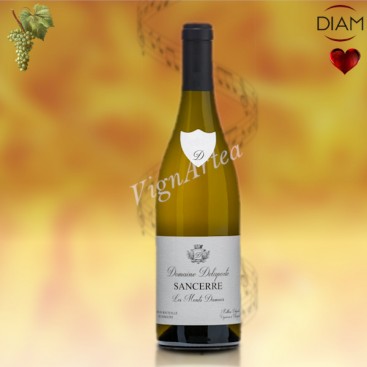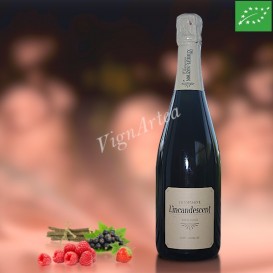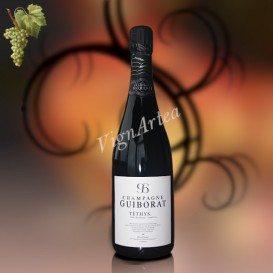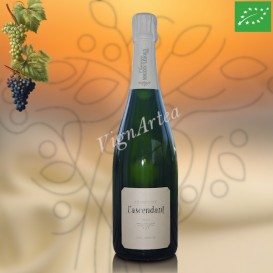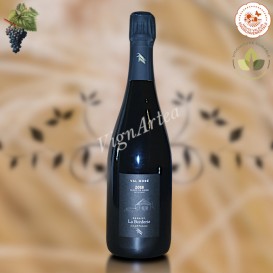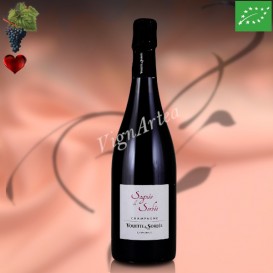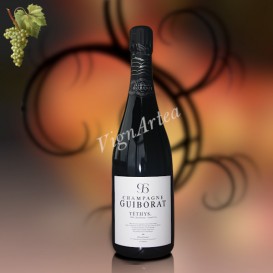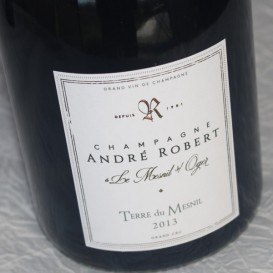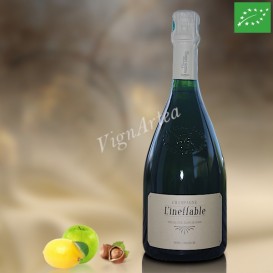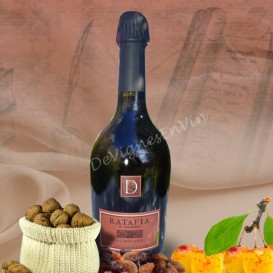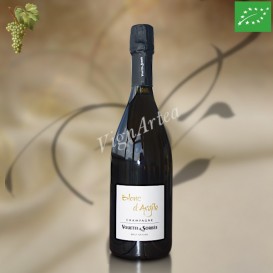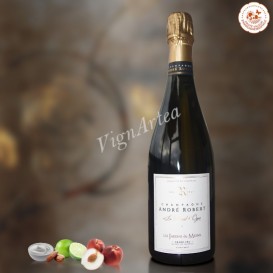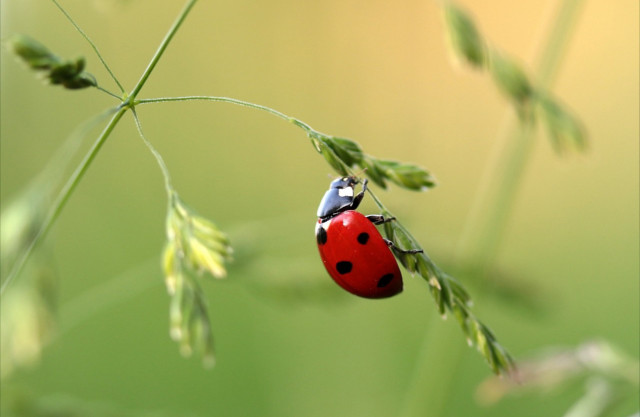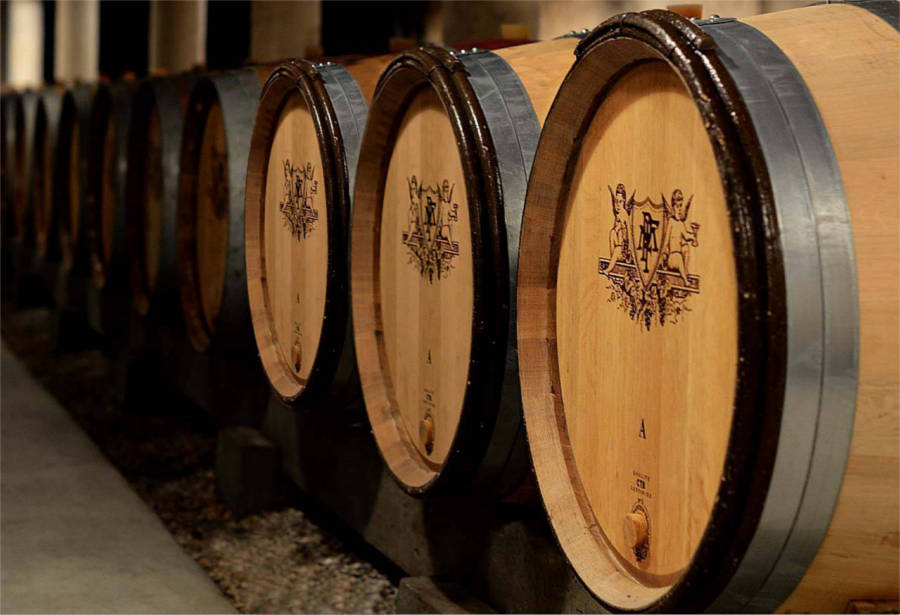MONTS DAMNÉS 2022 (Domaine DELAPORTE)
LOIRE - AOP SANCERRE - DRY WHITE WINE
Grape variety: Sauvignon (100%)
Native yeasts DIAM10® Cork stopper
Lees ageing in 600-liter oak barrels for 12 months
Fine - Racy - Elegant - Fresh
- Nose: distinguished and precise, chiseled. Fresh notes of freshly squeezed citrus fruit, with a hint of minerality and anise.
- Palate: supple attack, salivating juice, tonic and well-balanced. Some minerality on the palate.
- Tasting date: March 2024.
- OUR OPINION: superb Monts Damnés, racy and elegant, fresh and salivating, which should develop fine tertiary aromas with time.
TERROIR
The soils of the Sancerre vineyards have been shaped by erosion from the different geological facies exposed by numerous faults, including the two famous north-south faults known as the Sancerre and Thauvenay faults, which cross the vineyards from one side to the other.
These bring the Upper Jurassic (-154 to -140 Ma) layers to the west into contact with the Cretaceous (-96 to -65 Ma) and Eocene (-64 to -34 Ma) formations to the east.
Already run in the 10th century by the Benedictine monks of the abbey of Saint-Satur, the coast of the "Monts Damnés has Kimmeridgian marls soils that are locally called terres blanches ("the white lands").
This very particular soil is made up of an amalgam of clay and fossilized shells, ideally south / south-west exposed, whose declivity exceeds 40 degrees in places. Such a slope ensures excellent drainage for vines but make them hard to work, requiring non-mechanized care and manual harvesting.
The white wines of "Monts Damnés" are exceptional wines, rich and opulent, that have built a reputation for excellence.
WINEGROWING & WINEMAKING
The grapes are grown according to the Organic Farming principles, and the estate is being converted to obtain the official organic certification.
The grapes maturity is very important for the production of this cuvée, they are harvested manually in boxes of 12 kg, and the sorting is done on site directly : only the berries having reached their perfect maturity are picked.
The harvest is not crushed and the whole bunches are directly introduced into the hydraulic press of the Coquard type. The pressing is weak and slow to obtain a clear juice of first quality.
The must, after pressing, is placed in 600-liter oak barrels for its alcoholic fermentation triggered by the native yeasts, followed by the malolactic fermentation. It is then aged for about 12 months.
Before bottling, the wine is racked and slightly filtered
The bottle is sealed with a DIAM5® cork stopper which guarantees the absence of TCA contamination of the wine (or cork taste)
| Country | Loire Valley |
| Color | White |
| Orange wines | No |
| Clay amphorae wines | No |
| Type | Dry |
| Vintage | 2022 |
| Capacity | 75 cl |
| Single Grape Variety | Sauvignon blanc |
| Alcohol rate | 13 % |
| Quality Designation | Sancerre |
| Cellar Potential | 10 years |
| Service advise | 14°C (57°F). Decant 1/2hr before the service. |
| Culture Methods | Non-certified Organic culture |
| Fining | No |
| Filtering | Yes |
| Comments | Slow pressing. Fermentation and ageing in 600-liter oak barrels for 12 months. Slight filtration before bottling. |

